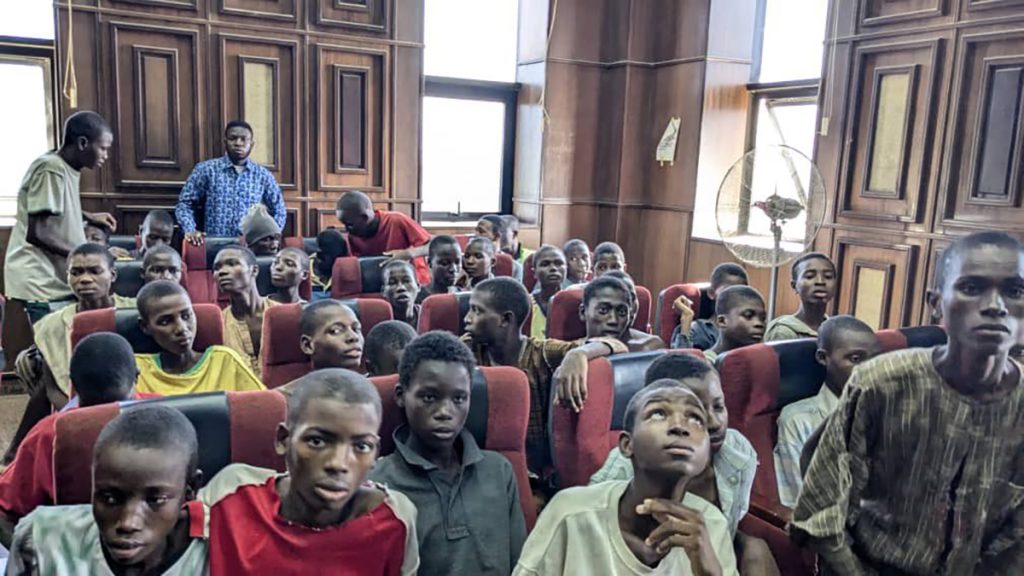In a surprising move, the Nigerian government has released a group of underage protesters who were accused of treason after participating in demonstrations earlier this year. The young protesters, who were mostly teenagers, had been detained for allegedly attempting to incite violence and undermine the country’s government during a series of protests against political and economic issues. The release, following public outcry and significant legal challenges, has sparked debate about the limits of state power, youth activism, and the treatment of minors within Nigeria’s legal system.
The protests that led to the arrests were part of a broader wave of discontent in Nigeria, where a variety of issues—ranging from unemployment and corruption to insecurity and economic hardship—have fueled public unrest. Many of the demonstrators were demanding improved governance, better job opportunities, and a crackdown on corruption. However, the Nigerian government has been increasingly intolerant of dissent, and the protests, though largely peaceful, were met with a heavy security response. The young protesters were accused of attempting to destabilize the government and were initially charged with treason, a serious offense that carries severe penalties in Nigeria, including life imprisonment or even the death penalty.
The arrests and charges against the minors triggered widespread international condemnation, with human rights groups and local advocacy organizations arguing that the government’s response was excessively harsh. Critics pointed out that many of the detained protesters were minors, some as young as 14, and had been involved in peaceful demonstrations. They argued that holding young people on charges of treason violated both Nigerian law and international conventions protecting the rights of children, including the UN Convention on the Rights of the Child, to which Nigeria is a signatory.
After months of legal battles and pressure from civil society organizations, the Nigerian government eventually decided to release the minors, citing the fact that they were not involved in any violent activities and had not posed a serious threat to national security. The government also announced that it would drop the treason charges, though the individuals involved were warned against further participation in protests without government authorization.
The release of the underage protesters has been hailed as a victory for human rights, but it also raises broader questions about the state of democracy in Nigeria. While some have welcomed the decision as a step toward protecting the rights of young activists, others remain skeptical about the government’s willingness to engage in genuine dialogue with its citizens. The episode underscores the delicate balance between maintaining national security and respecting the fundamental rights of individuals, especially the youth, in a politically charged environment.
